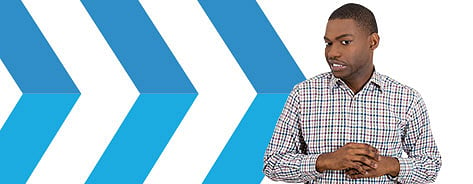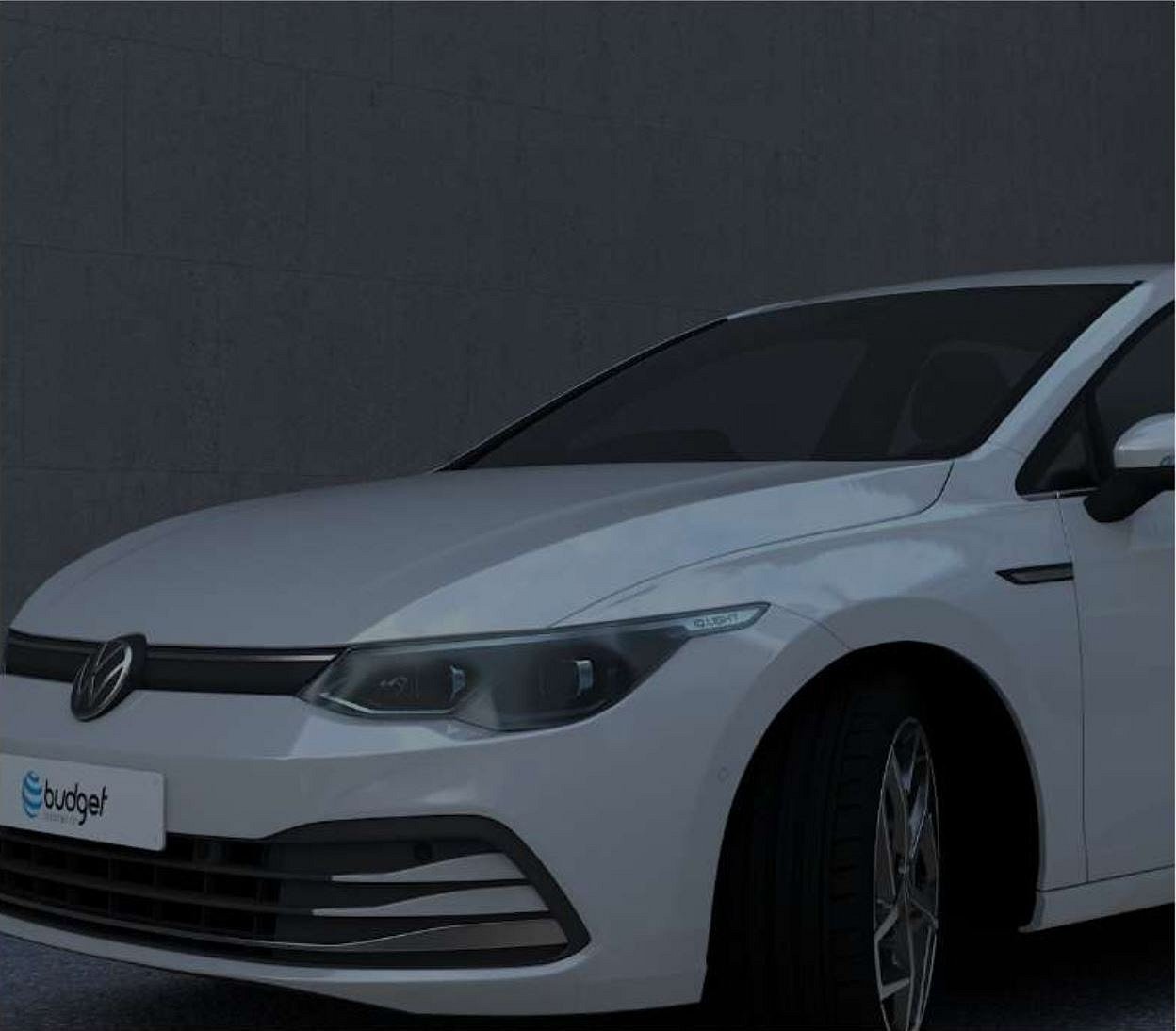Finance & Money
5 simple steps to saving in your 20s

Finance & Money

Paying off debt and saving money are both important financial goals to have, but it’s not always as straightforward as it sounds. What if you can’t do both on your income? Or if you can, which one should you do first?
It seems to make more sense to pay off debt first, especially if you are paying a high-interest rate. However, it’s not always that simple: it is also incredibly important to have savings in the form of an emergency fund, should something happen that may end up getting you into even more debt.
Here are a few tips on how to decide whether you should pay off debt or save, or potentially do both at the same time:
Pay off debt before saving if…
Again, there is no hard and fast rule, but if you have high-interest debt from credit cards, store cards or personal loans, it is a good idea to prioritise paying these off first. This kind of high-interest debt is difficult to get out of and is often the reason why many South Africans end up spiralling into debt.
Aim to always pay more than the minimum amount each month, even if it means cutting back on other expenses. If you are able to bring down your debt, you’ll pay less interest and ultimately have more to save in the long run.
While you are paying off debt, it’s good to avoid getting into more debt by using no more than 30% of your available credit at any point.
Start saving first if…
There are a number of reasons why you should consider starting saving first, even when you still have outstanding debt to pay off, the main one being to build up your emergency fund. This is important to make sure you can avoid getting into more debt should you have an unexpected expense.
If your debt has a low interest rate, it makes sense to put money towards your savings plan. It is recommended to have enough money set aside to cover between 3 and 6 months’ worth of expenses for unplanned emergencies.
The best approach…
If possible, the best way to reach your financial goals is to get rid of debt and save money at the same time. Both are important, so, if possible, find a way to split your money between the two.
For example, if you have budgeted R600 to savings but are carrying high interest on your debt, rather split R300 towards debt and R300 towards savings. You may pay a bit more interest, but the peace of mind that comes with knowing you have money saved could well be worth it.
The information contained in this article is for information purposes only and does not constitute professional advice.
For an affordable insurance quote, click here.
